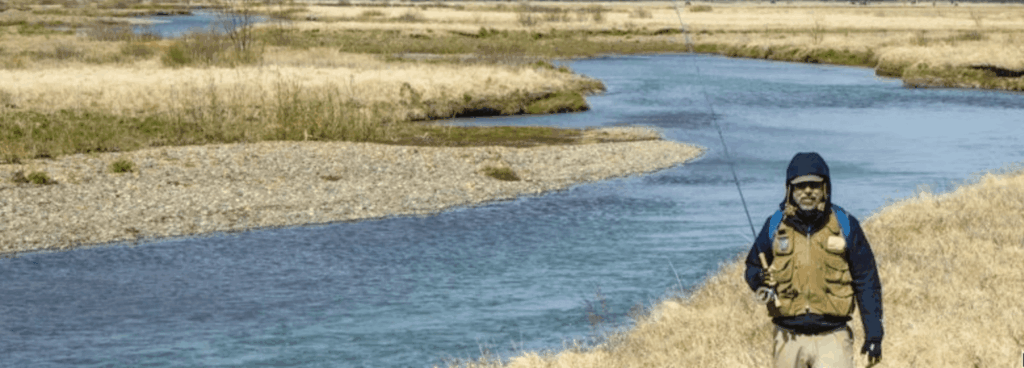Author Jeremiah Josey, MECi Group
You can learn about a guy called Dean Karmen from a book called Project Ginger: about how Dean made the segway (and other neat inventions)
It’s thanks to people like Dean Karmen that we get to experience marvellous “miracle” technology as “common place” after millions of dollars and millions of human hours have been spent perfecting it, both operationally and economically. His Segway is an example of that. The LED lighting system that he put in his house is another example, invented by someone else, but requiring people like Dean to step up and pay to use it to keep development viable and ongoing. The system halves his power requirements!! Wow, how many power stations don’t need to be built if that was common place? Lots!!
One of Dean’s most profitable inventions was the miniaturization of the kidney dialysis machine: from a huge bed side monolith to a small under the plane seat portable unit. He’s saved countless lives – the new one is much more reliable – and has give mobility to millions.
Yeah, I admit it: I’m a fan of people who stretch to excel and change the world in the process. To the guy who developed the sonic tooth brush: thanks. My teeth have never been cleaner. ;o)
That’s one of the great things I love about technology: that it takes only one person, or a small team, dedicated and skilled, and thick skinned to plough into an idea or concept until its finished. Hey, wasn’t Thomas Edison like this to invent the electric light bulb.. How many prototypes… over 1,000??? And the cost of the early units… Whoa!! Momma mia!!
I work in the heart of the post-modern industrial age: the Middle East, and I’m putting in more veins – pipelines – to keep the black blood flowing. It’s an amazing concept crude oil. Straight out of the ground. It’s so easy here there’s no need to pump it. There’s enough pressure to drive it all the way to the cleaning tanks. It’s actually a struggle just to keep the black gold in the ground!
So primitive, yet so new, modern and well, essential to absolutely everything we do nowadays (the kind of essential like “Made in China” has become: cheap price always trumps chump quality). So I get a very good perspective on what’s going on technology-wise and how it affects the world. From Nokia Mobile phones made in China – now India (I have both. Used to have one made in Finland…) – to new a innovative ways to make stuff from crude oil (like the Rocky Mountain Institute have documented so very well, Google their web site), to crazy new ways to make renewable crude oil, and of course better ways to do what I do now.
From the audio perspective, it’s the same. A great friend of mine and his team has cracked the electrostatic puzzle and now have a beautiful sounding – and beautiful looking – full room speaker (100% sweet spot: full live stage sound from any position in the room!) Just magic!! Nakamichi had signed them up for production just as the Japanese icon went sideways… ( God willing they will rise again, and we’ll get to read about them here. And I’ll tell you who they are
Well done Dean. Go the innovators!
